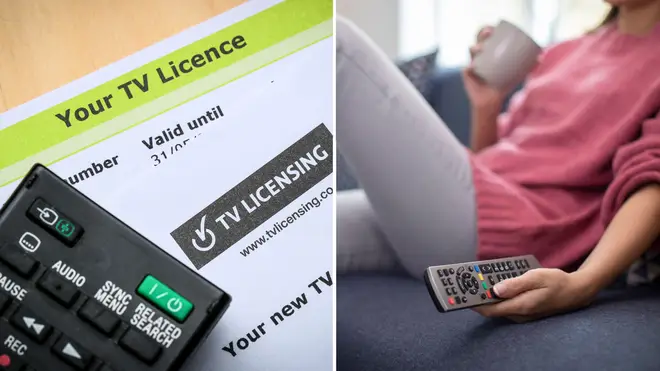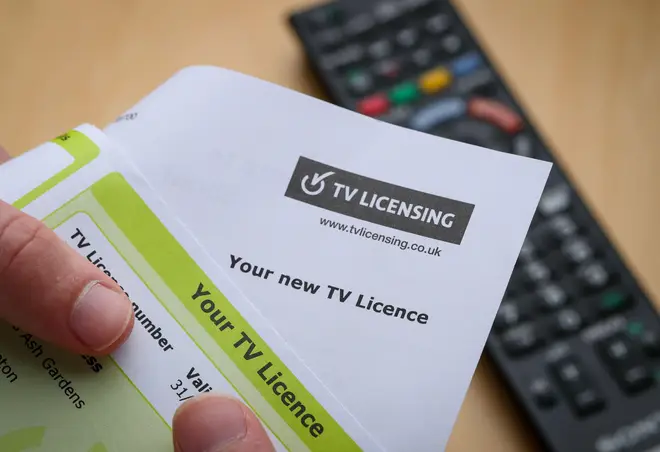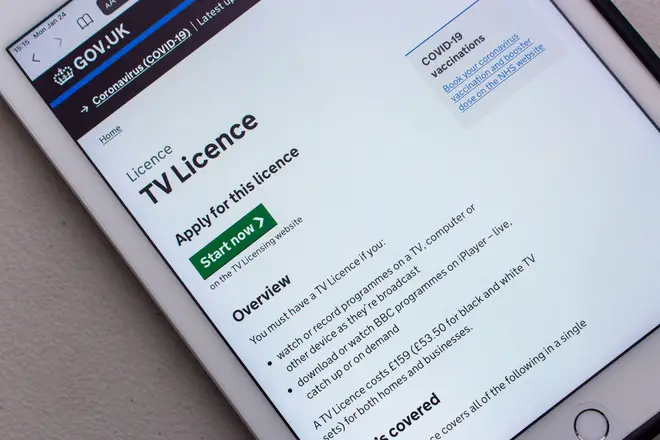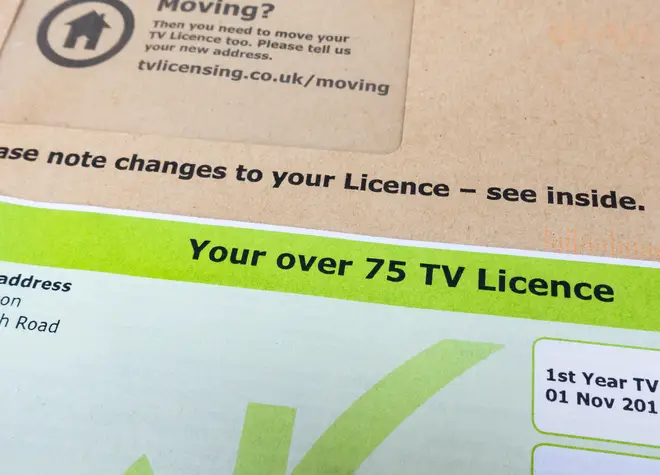On Air Now
Heart Breakfast with JK and Amanda Holden 6:30am - 10am
8 December 2023, 13:57

The annual cost of a standard colour TV licence will rise next year – here's everything you need to know about the price hike.
Millions of households will be forced to shell out more money next year after the government announced plans to increase the cost of the TV licence.
Brits who stream, record or watch live telly have been told they will receive a higher bill from spring 2024 onwards, with the new price reflecting inflation.
But how much exactly will the TV licence go up by? And what date will the new cost kick in?
Here's everything you need to know, from the price hike and when your bills will change, to how to get a discounted or free TV licence.

The cost of a standard TV licence is rising by £10.50 per year.
Right now the price of a colour TV licence is £159, meaning the new annual bill will come in at £169.50.
Brits who are severely sight impaired qualify for a 50% discount, but the price hike still affects them.
Those who currently pay £79.50 annually will be subjected to a rise of £5.25, making their new bill £84.75.
Approximately 4.000 people also still opt for just a black and white TV licence, according to figures in March 2022 from TV Licensing.
Their bills wise rise by £3.50 from £53.50 to £57 per year.
The Department for Culture, Media and Sport announced the increase on Thursday 7th December and suggested the new figures were chosen in line with inflation.
The licence fee was predicted to go up by 9% – a raise of around £15 – but instead has risen based on September’s consumer prices index (CPI) rate of inflation, which was 6.7%.

The cost of the TV licence will rise from £159 to £169.50 on 1st April 2024.
It marks the first price hike since April 2021 after fees were frozen in both 2022 and 2023.
In the statement to the Commons, Culture Secretary Lucy Frazer admitted the £10.50 fee "will still be felt by licence fee payers".
Speaking of the boosted bill, she said: "The BBC is a great national institution and we want to ensure it is fit for the present and whatever the future holds, while keeping costs down for the public.
"This means ensuring the BBC is supported by a funding model that is fair to audiences supports the creative industries and is sustainable in the age of digital and on-demand media."

You will need to purchase an annual TV licence if you use BBC services including TV, radio, the BBC website, podcasts, iPlayer and apps, however there are some exceptions.
Pensioners aged 75 or older who receive the Pension Credit benefit are eligible for a free TV licence.
The rules also differ on the Isle of Man or Channel Islands, so check on the government website for more details.